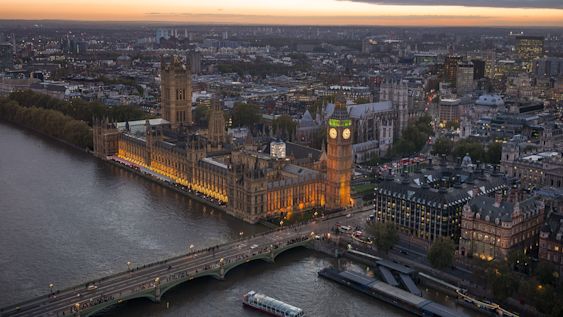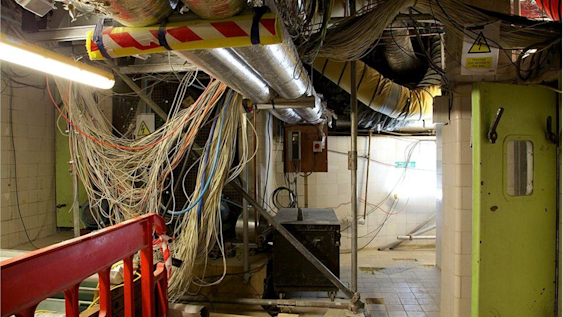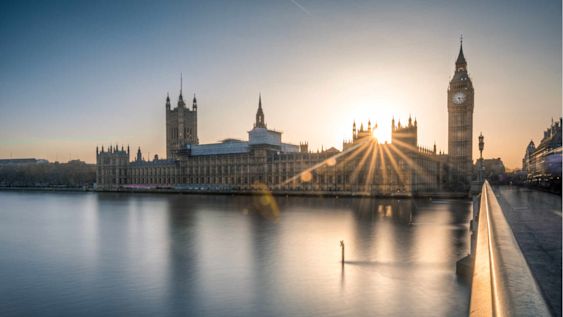
Enhancing the Role of Backbench MPs: Proposals for Reform of Private Members’ Bills
{INTRO}
Executive summary
Private Members’ Bills (PMBs) should provide an important opportunity for backbench MPs to initiate legislative proposals and to respond to issues of public interest and concern. However, in recent decades, the number of PMBs receiving Royal Assent has largely been in decline.
A number of procedural obstacles in the PMB system inhibit its effectiveness:
- Friday sitting times cause difficulties in relation to the attendance of Members;
- the procedural mechanisms facilitate filibustering rather than effective debate and scrutiny;
- the existence of low yet complex procedural and voting thresholds enable even limited opposition to thwart popular bills; and
- the resources made available to Members to develop and promote PMBs are limited.
Despite the many changes to the parliamentary process that have been made over the last decade reforming zeal in relation to the PMB process has been noticeably absent. But in the last two years there has been a noticeable change in attitude due to:
- the aftermath of the expenses scandal and the increased interest in measures to rebalance the relationship between Parliament and the executive, to give backbenchers more authority and power in the running of the House of Commons and to inject more vitality and topicality into the issues being debated by Members;
- the election of a reforming Speaker of the House of Commons who has expressed his desire to initiate reforms to empower backbenchers;
- the emergence of a new generation of MPs – the ‘class of 2010’ comprising a third of the House – who show early signs of frustration with the complex procedures of the House, particularly in relation to PMBs.
A political opportunity for reform of the PMB process now exists and we recommend the following changes for consideration.
- PMB sitting times should be reformed: the key to management of PMB time should be to maximise opportunities for debate as flexibly as possible. We propose PMB time should be increased from the current 65 hours to perhaps 80 hours to be allocated by the Backbench Business Committee in, for example, any combination of the following:
- on Monday, Tuesday and Wednesday evenings;
- on Wednesday mornings for up to two hours;
- on Thursday afternoons or evenings (including in Westminster Hall); and
- on Fridays (on a limited basis and for second reading only).
- Each stage should be able to accumulate over more than one sitting if required, as is the case with government bills, in order to maximise use of time and build flexibility into the system.
- Timetabling should be introduced through an automatic guillotine applied to each stage of a PMB on the floor of the House: three hours for second reading; three hours each for consideration of a bill reported back from a Public Bill Committee and from a Report Committee (see below); and one hour for third reading.
- Time for consideration of PMBs should be allocated according to a fixed order of priority to eliminate the opportunity for Members to speculatively ‘game the system’ by laying down a PMB on a non-sitting day.
- Carry-over motions could be applied to a small number of well- supported bills to ensure they are not lost at the end of each session.
- The House should reach a settled view on the value of time limits on speeches during PMB debates.
- The Public Bill Committee (PBC) stage should be reformed by removing the government’s current power to decide whether more than one PBC for PMBs should exist at any one time. Where appropriate, PBCs might also hold public- evidence hearings.
- A PMB Report Committee should be established to take report stage off the floor of the House.
The resources available to help those Members who top the PMB ballot to draft their bill should be uprated (from the current £200 agreed in 1971).
Enjoy reading this? Please consider sharing it
Latest

Compendium of Legislative Standards for Delegating Powers in Primary Legislation
The scope and design of the delegation of legislative powers in any Bill affects the long-term balance of power between…Parliament and Government. The House of Lords Delegated Powers and Regulatory Reform Committee (DPRRC) scrutinises all such delegation. This report distils standards for the delegation of powers from 101 DPRRC reports from 2017 to 2021.

Genetically modified organisms: Primary or delegated legislation?
A Statutory Instrument comes into force on 11 April that changes the legal requirements for the release of certain types… of genetically modified plants. Some argue that the changes should have been made by primary, rather than delegated, legislation. Where does the boundary between the two lie?

Constitution and Governance in the UK: Parliament and Legislation
The Brexit process, the pandemic and the approach of the Johnson Government have all tended towards Parliament’s margina…lisation and the accretion of executive power. For UK in a Changing Europe’s report on the constitutional landscape, we show how – in the legislative process and control of public money and executive action, including delegated legislation.

What role does the UK Parliament play in sanctioning an individual? [Video]
Sanctions are imposed on an individual in two stages - by Ministers first making regulations and secondly designating th…e individual, using a power in those regulations. Parliament has a role in the first stage, but not the second.

Written evidence to the House of Commons Public Accounts Committee: the Restorat…ion and Renewal of Parliament
Our submission to the Public Accounts Committee highlighted the financial and practical challenges that MPs face in deci…ding the fate of Parliament’s Restoration and Renewal programme. We particularly questioned the viability of the proposal to continue operating the House of Commons Chamber in the middle of a building site.

Written evidence to the House of Commons European Scrutiny Committee: Retained E…U Law: Where next?
Our submission to the House of Commons European Scrutiny Committee inquiry into retained EU law (REUL) placed the issue…in the context of our Delegated Legislation Review. It discussed REUL’s diversity and amendment; the people and organisations to whom REUL amendment may matter; and parliamentary scrutiny of delegated legislation arising from amending REUL.